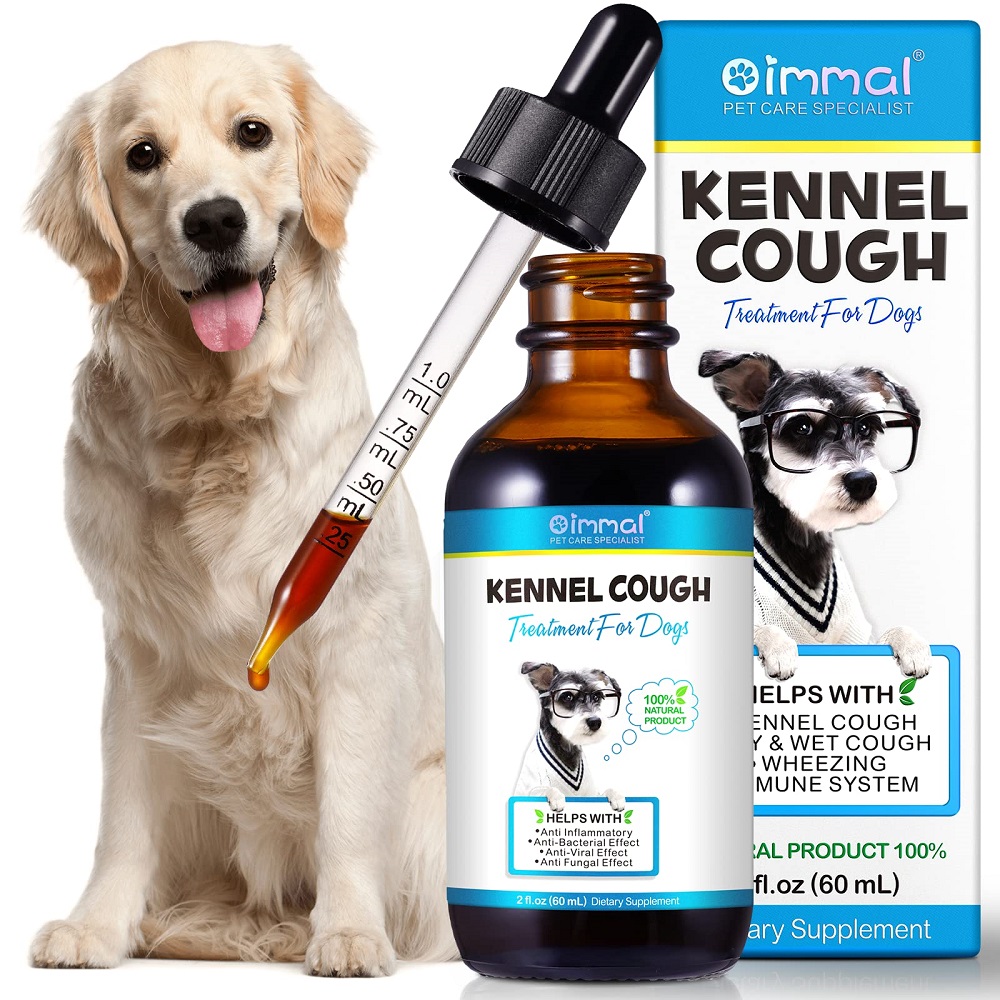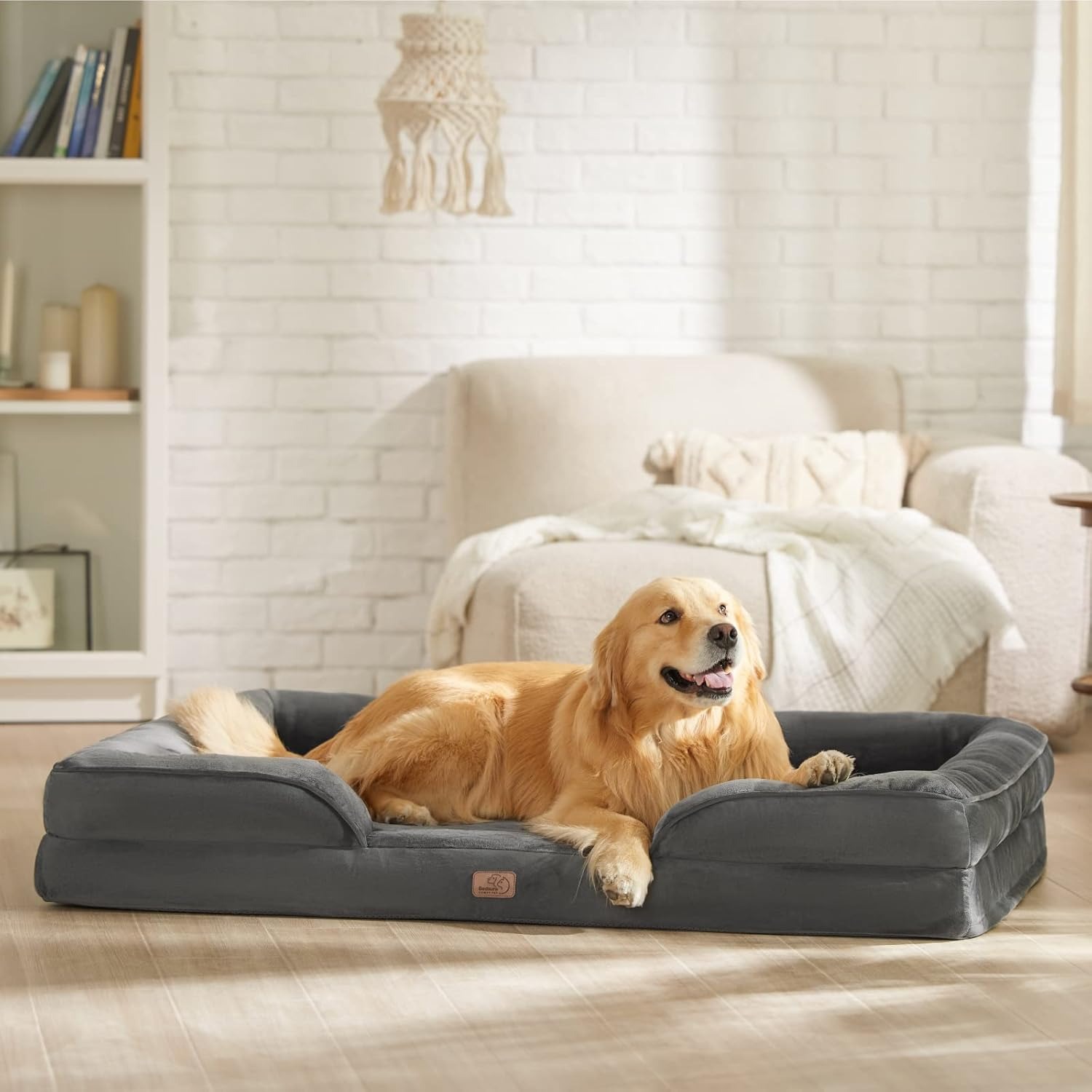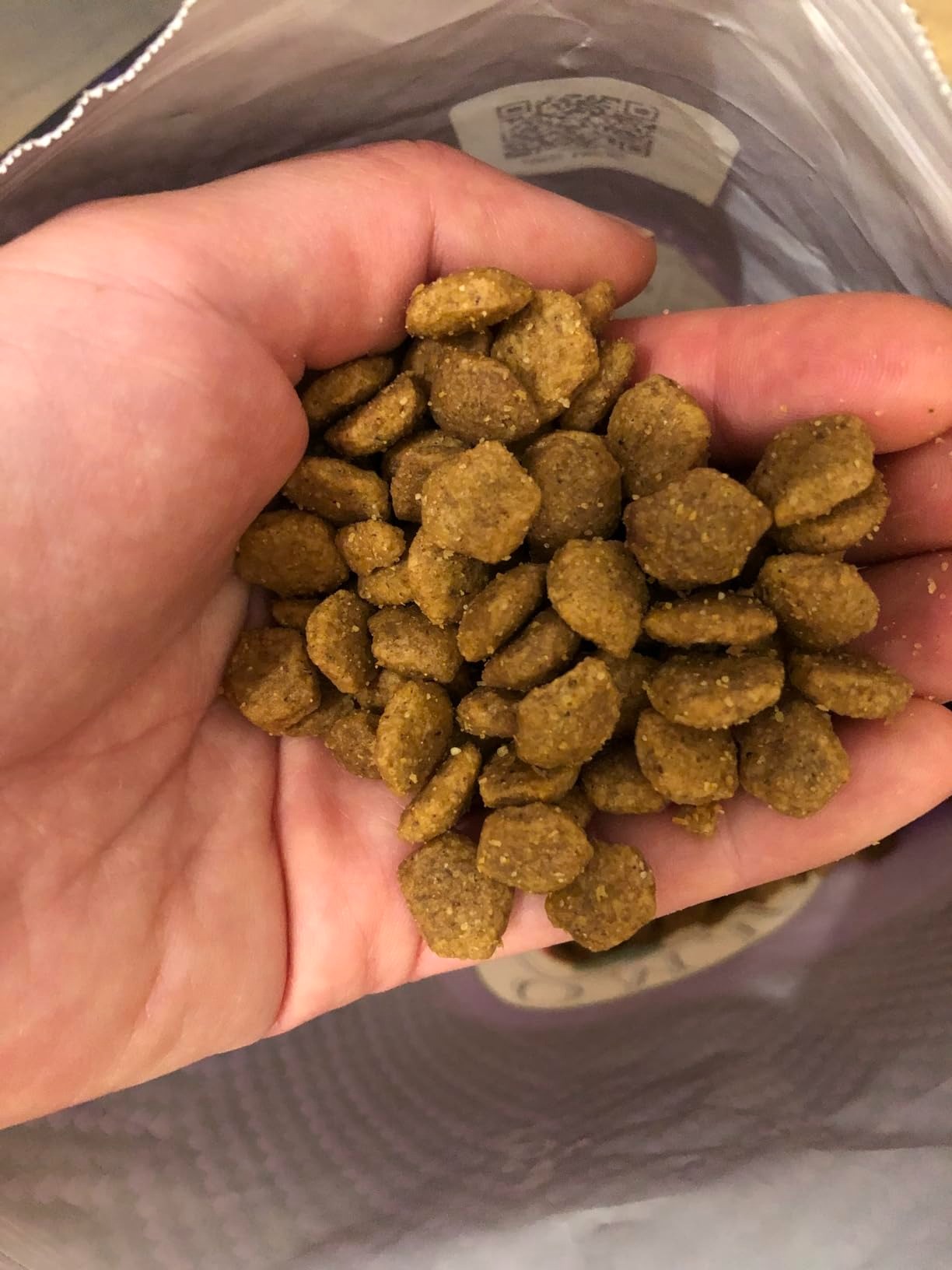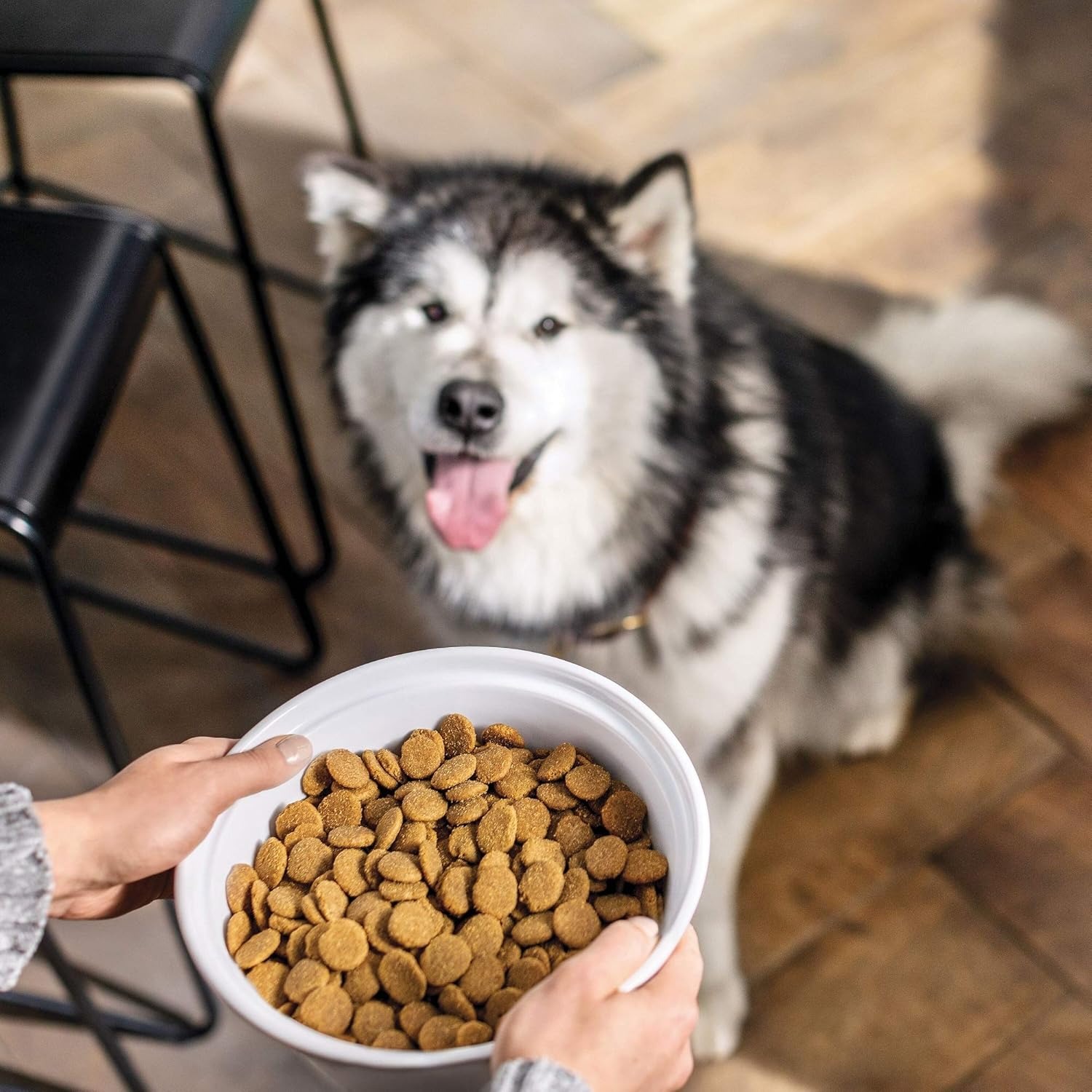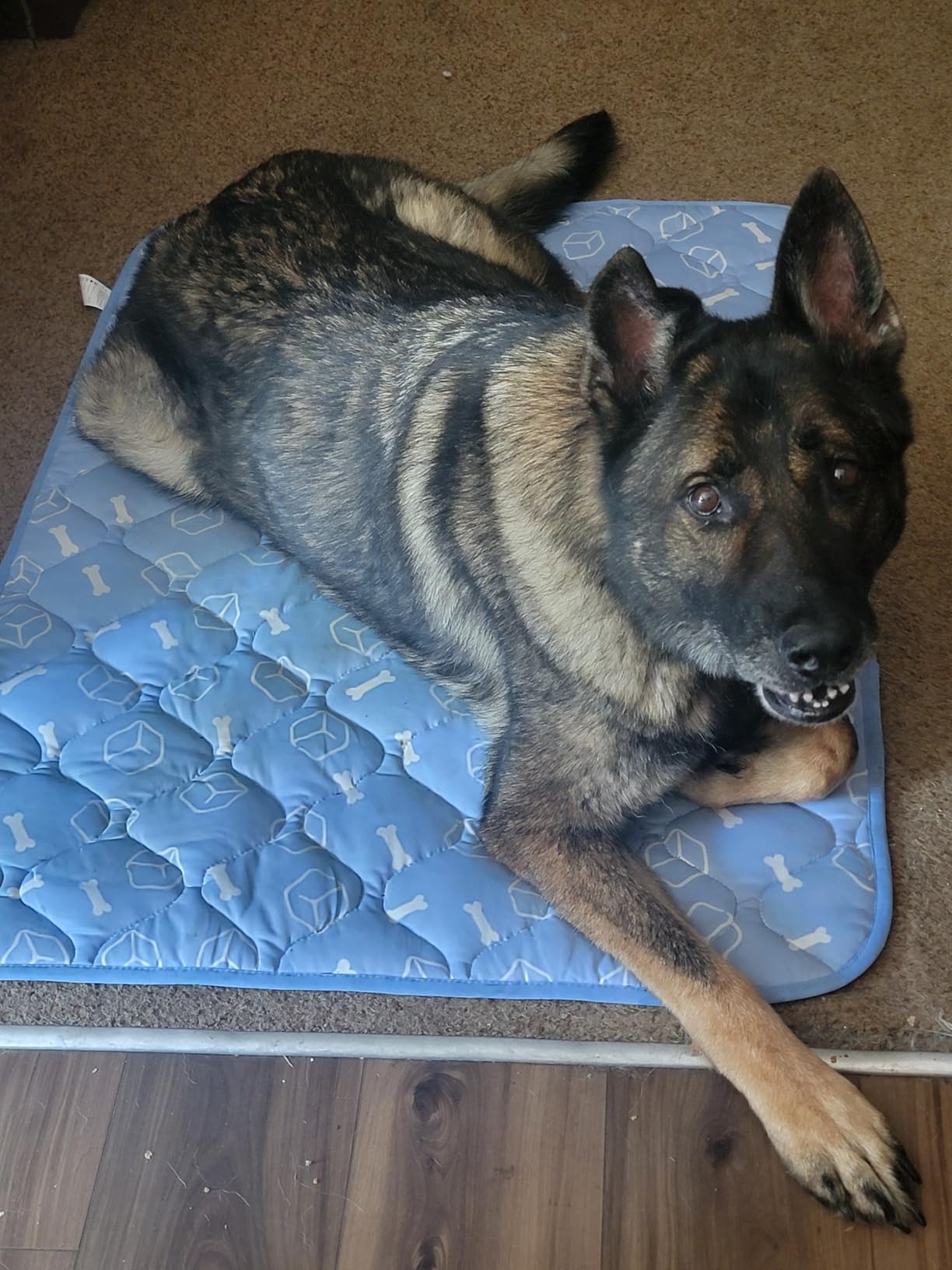Overview of Kennel Cough in Dogs
Kennel cough, also known as canine infectious tracheobronchial, is a common respiratory infection in dogs. It causes a persistent, often harsh cough and can affect dogs of any age. While it’s usually not severe, kennel coughs can be highly uncomfortable for affected pets and worrying for their owners.
What is Kennel Cough?
Kennel coughs refers to a set of symptoms caused by various airborne bacteria and viruses. This infection targets a dog’s respiratory system, leading to inflammation of the trachea and bronchi. The most notable symptom is a dry, hacking cough that can be mistaken for choking.
Common Causes of Canine Infectious Tracheobronchial
How do dogs get kennel cough? They can pick up this infection from other dogs that carry the disease-causing agents. Common causes include Bordetella bronchiseptica bacteria and the parainfluenza virus. Dogs are more at risk in places where they interact closely and frequently with other dogs, such as kennels, dog parks, or grooming sessions.
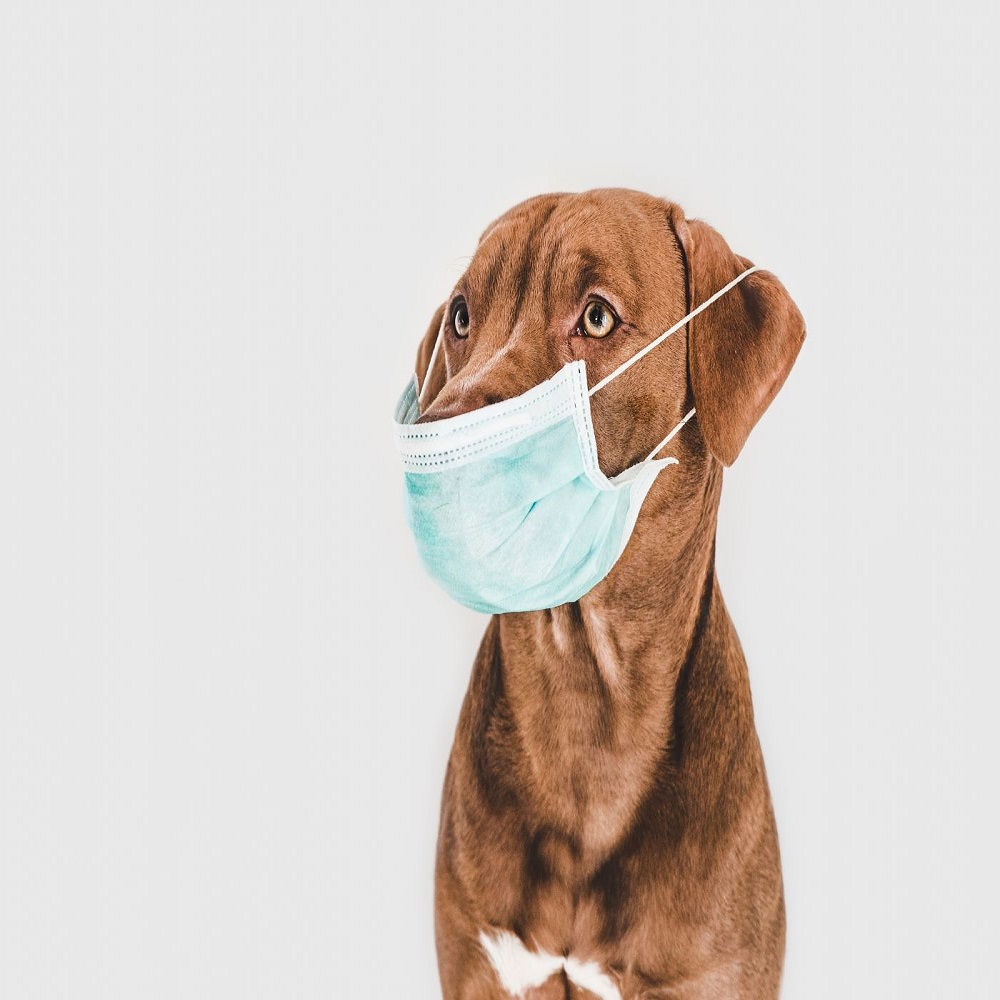
Signs and Symptoms of Kennel Cough
Understanding the signs and symptoms of kennel cough is crucial in identifying it early. Dogs with kennel cough commonly exhibit a dry, hacking cough that can be mistaken for choking. Other signs may include sneezing, runny nose, and eye discharge. In more severe cases, symptoms might progress to include lethargy, loss of appetite, or even a fever.
Recognizing Kennel Cough in Your Dog
Identifying kennel coughs in your dog involves listening for a distinctive cough that sounds like a “goose honk”. This cough often worsens with excitement or exercise. Observe for any accompanying symptoms such as a runny nose or red, weepy eyes which may suggest a respiratory infection.
How Kennel Cough is Diagnosed
Diagnosis of kennel cough is often based on clinical signs and history. Vets may however require chest X-rays or a PCR test to rule out more serious conditions. Immediate veterinary consultation is advised if your dog shows signs of kennel cough, for accurate diagnosis and treatment.
Transmission and Risk Factors
Understanding how your dog can contract kennel cough is key to prevention. It spreads through airborne particles from infected dogs and can be contracted by inhaling these germs.
How Kennel Cough Spreads Among Dogs
Kennel cough travels between dogs when they are close to each other. Dogs can get it by sharing toys, bowls, or even from being in the same room with a coughing dog.
Disinfecting common items and avoiding contact with sick dogs are simple ways to reduce risk. Remember, healthy dogs can carry the bacteria or viruses without showing symptoms.
High-Risk Environments for Kennel Cough
Places where dogs gather, like kennels and dog parks, are high-risk for kennel coughs spread. Poor air circulation, crowded spaces, and stress increase the risk of getting infected. To protect your dog, avoid these places during outbreaks and keep your dog well-rested and stress-free.
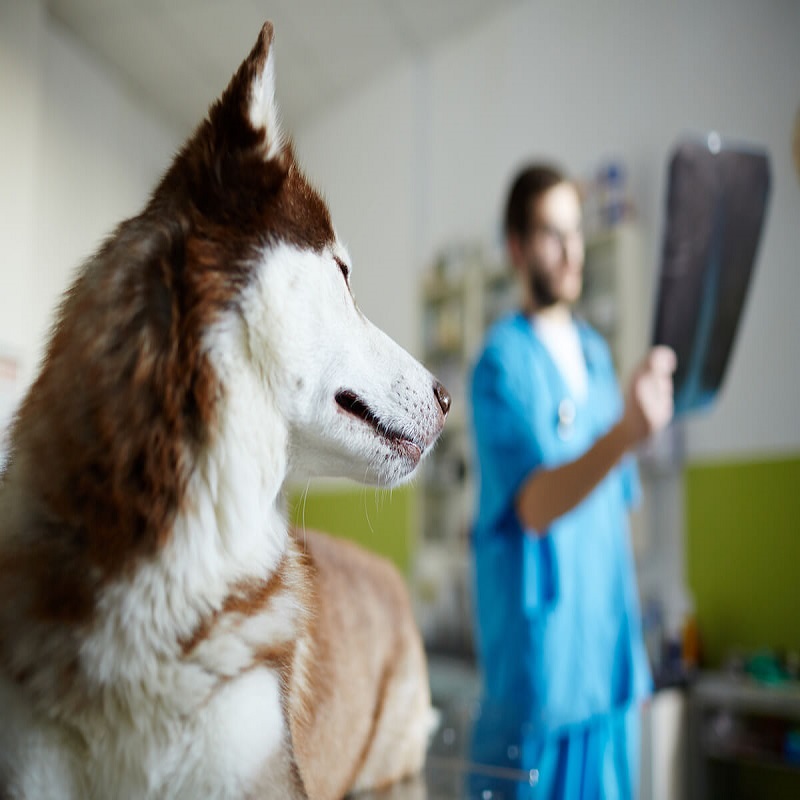
Treatment Options for Kennel Cough
When your dog has kennel cough, you want to help them feel better. There are several ways to do this, from home care to vet medicines.
Home Care and Remedies
At home, you can help your dog by:
- Keeping them in a quiet place to rest.
- Using a humidifier to moisten the air.
- Avoiding tight collars that can irritate their throat.
- Giving them plenty of water to stay hydrated.
Soothe your dog’s throat with these simple steps. They can ease their cough and comfort them.
Veterinary Interventions and Medications
If home remedies don’t help, your vet may suggest:
- Cough medicines to calm the cough.
- Antibiotics, if a bacterial infection is there.
- Anti-inflammatories to reduce throat swelling.
Your vet knows best, so follow their advice for your dog’s health. If your dog seems very sick, always see your vet for the right care.
Prevention Strategies
Good prevention is essential to keep your dog healthy and safe from kennel coughs. Implementing effective strategies can greatly reduce the risk of your dog contracting this infection.
Vaccination Against Kennel Cough
Vaccines can protect dogs from some kennel cough pathogens. Talk to your vet about the right vaccines for your pet. The core vaccines include protection against parainfluenza and adenovirus. Bordetella vaccines are good for dogs at higher risk. Remember, vaccines take time to work and may not cover all causes of kennel coughs.
Minimizing Your Dog’s Exposure to Risks
Limit your dog’s exposure to high-risk places like kennels and dog parks during outbreaks. Choose well-ventilated spaces when indoors with other dogs, and avoid sharing toys and bowls with dogs you don’t know. Regularly cleaning your dog’s items can also limit the spread of germs. Ensure your dog is healthy with a strong immune system through balanced nutrition and regular check-ups. If you suspect an outbreak, reduce your dog’s social interactions temporarily. Following these tips can help you keep your pet safe from kennel cough.
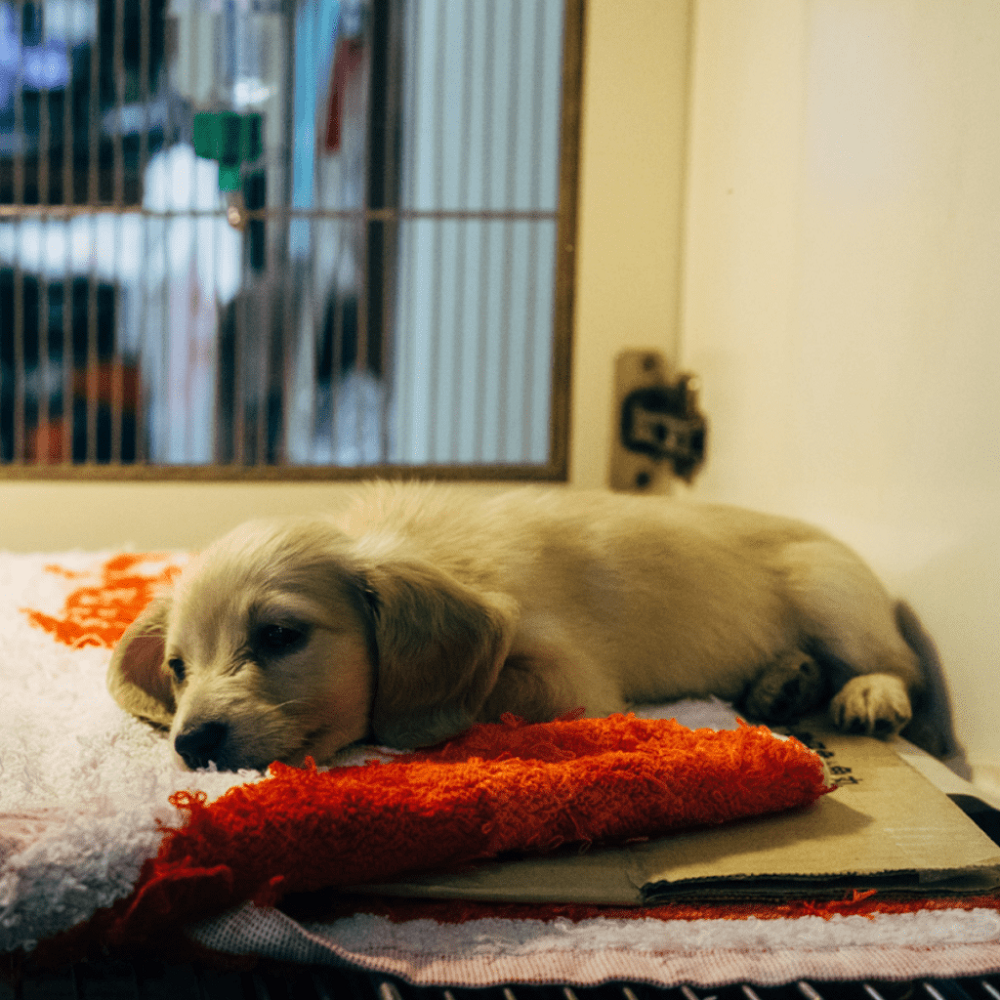
What to Do If Your Dog Has Kennel Cough
When your dog shows signs of kennel cough, take action quickly. It can spread fast among dogs. Your first steps play a big role in their recovery and others’ safety.
Quarantine and Isolation Measures
Keep your sick dog away from other dogs right away. This stops the illness from spreading. Put your sick dog in a quiet, separate space. Give them their own water bowl and toys. Disinfect shared spaces and items often. Wash your hands after touching your dog. Keep quarantine going for at least 14 days.
When to Seek Veterinary Care
If the cough is mild, watch your dog closely at home. Look for signs of getting worse, like more coughing or trouble breathing. If you see these, call your vet. For serious symptoms like not eating or high fever, visit your vet right away. They can give the right drugs and support your dog needs. Remember, even healthy dogs need a vet when they get sick. It keeps minor issues from turning into big problems.
Supportive Care for Recovery
In addition to medical treatment and home remedies, supportive care is vital for your dog’s recovery from kennel coughs. Ensure your dog is comfortable and relaxed. Provide a warm, cozy bed where they can rest undisturbed. Gentle petting and talking to them soothingly can also help reduce stress and anxiety. Make sure that your dog has access to fresh water at all times to prevent dehydration, especially if they’re not eating as much. If your vet recommends, you can also encourage them to eat smaller, more frequent meals to maintain their energy levels during recovery.
Understanding Kennel Cough Vaccines
Vaccines are key to preventing kennel cough in dogs, offering protection against common pathogens.
Components and Efficacy of Vaccines
Kennel cough vaccines typically include agents against Bordetella bronchiseptica, parainfluenza, and adenovirus. These vaccines aim to reduce illness severity and duration. No vaccine is 100% effective, but they can greatly improve a dog’s chances against kennels cough. It’s vital to note that vaccines may not cover all causes of the condition. Discussing the best options with a vet ensures your dog gets the suitable protection.
When and How Often to Vaccinate
Puppies usually start their vaccination series around 6 to 8 weeks of age. These include core vaccines and, when needed, the Bordetella vaccine. Dogs may need annual boosters, especially if they’re frequently exposed to high-risk environments like kennels. Your vet can provide a vaccination schedule that’s right for your dog’s lifestyle and health status. Regular vaccinations keep your dog’s defenses strong against kennel cough. Always consult your vet on the right time to vaccinate and follow their recommendations.






